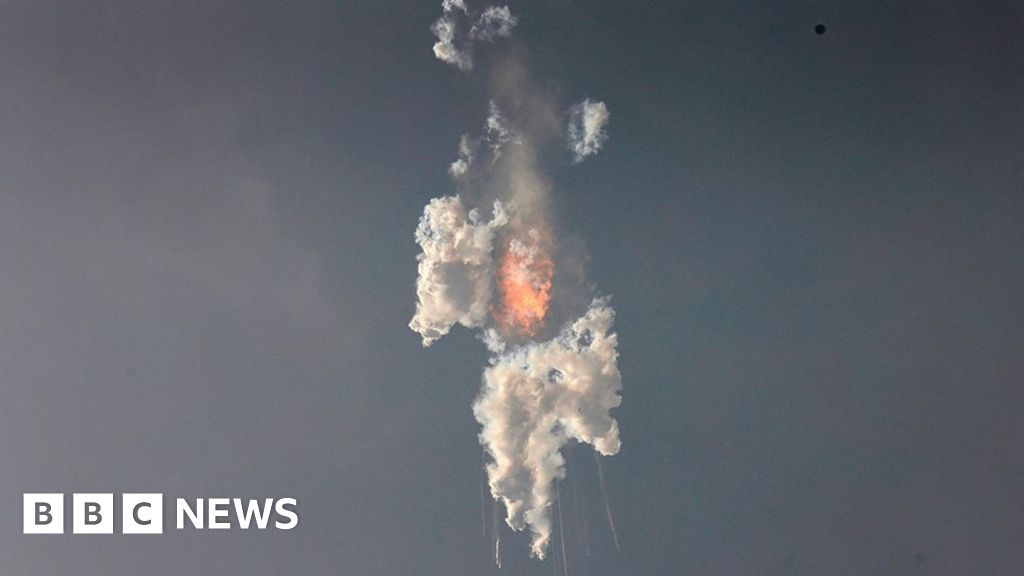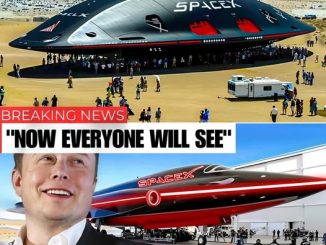
In a shocking turn of events, the European Space Agency’s ambitious effort to launch a rocket into orbit from European soil has ended in disaster, leaving netizens and industry experts reeling. After years of dependence on SpaceX and foreign launch vehicles, ESA’s endeavor to fill the gap left by geopolitical tensions and aging technology has stumbled dramatically, raising crucial questions about the future of Europe’s space ambitions.
The ESA, faced with the instability in the commercial space sector and the excessive reliance on SpaceX’s rockets, attempted to make a bold statement with the launch of its new vehicle. Unfortunately, after what was intended to be a groundbreaking milestone, the rocket exploded upon impact after losing stability just 30 seconds into its flight. So, what exactly went wrong, and how did the ever-controversial Elon Musk respond to the setback?
The Euro-centric launch market has historically relied on reliable partnerships and established vehicles, predominantly provided by the Franco-German company ArianeSpace. With the Ariane 5 still among the most cost-effective rockets available, Europe found itself at a crossroads after sanctions against Russia disrupted the longstanding reliance on its Soyuz rockets. As Ariane 5 reached the end of its lifecycle, it became clear that the launch landscape was shifting.
Despite the introduction of the Ariane 6, which has faced numerous delays, this latest launch represented ESA’s significant push to regain independence in the commercial space arena—only to face another major setback with the catastrophic failure of the Spectrum rocket from Isar Aerospace.
Comments on social media reflect the tumult within the industry:
“This is a brutal reminder of how hard space really is!”
“Will Europe ever catch up to SpaceX?”
“Another failure for the European space sector—what’s next?”
The explosion during the recent Spectrum mission, captured on video, revealed unsettling details about the rocket’s instability. An investigation is underway to pinpoint whether the issue lay with the rocket’s thrust vector control system, a software glitch, or mechanical failure. While Isar’s executives maintain that the launch was a data-gathering success, the reality is stark—Europe is trailing behind in the space race.

Elon Musk, proud leader of SpaceX, is no stranger to challenges, having experienced his own share of failures early on. His response to the European setback was empathetic, understanding that reaching orbit is an arduous journey and that every failure holds valuable lessons.
As reactions pour in, the question remains: What does this mean for the future of Europe’s space endeavors? The increasing preference among customers for SpaceX, often viewed as the gold standard in launch services, signals that European rocket ambitions need urgent revitalization.
Amid rising tensions and the pressing need for innovation, the European Space Agency is laying groundwork to nurture private rocket ventures. New players like Isar Aerospace, alongside ambitious projects such as Themis for reusable rockets, signal potential growth. However, they must overcome steep hurdles to establish competitiveness against established giants like SpaceX.
The broader implications extend beyond just the launch failures; political momentum is necessary for European governments to reconsider their space strategies and investments. The time for ambitious and bold action is now. Will Europe rise to the challenge and forge an independent and competitive space industry, or will it continue to fall short in the face of mounting global competition?


